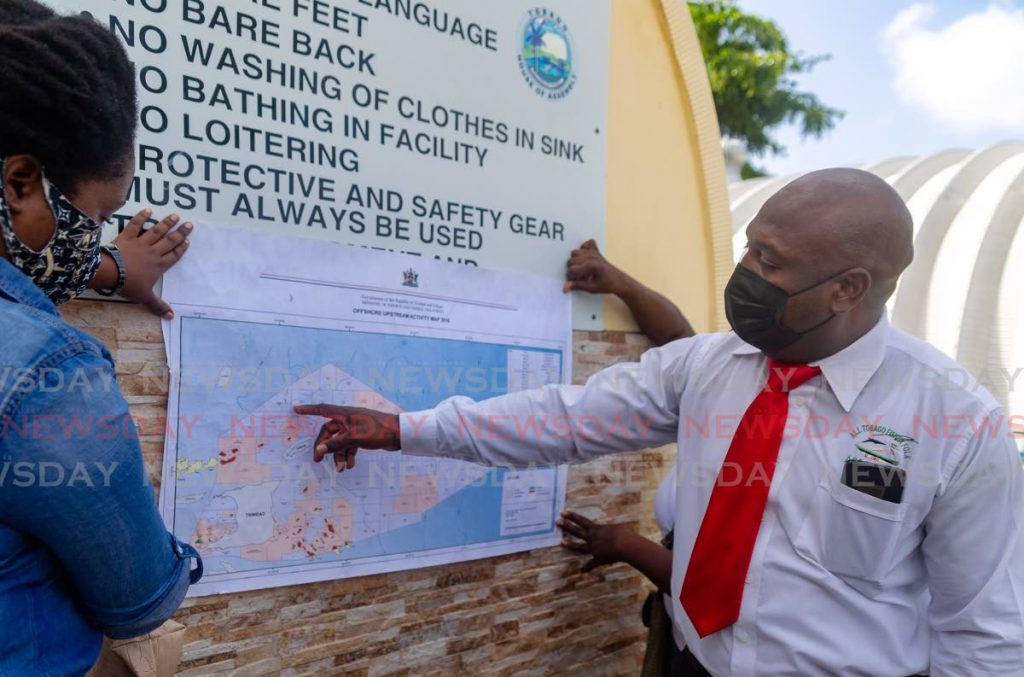Plenty of fish – and oil – in the sea?

Concerns raised by a group of fishermen in relation to a geotechnical survey by an energy company in the waters of Tobago highlight the need to get the balance right between the impulse to mine hydrocarbon resources and to diversify the economy.
The issues raised by the All Tobago Fisherfolk Association (ATFA) also paint a picture of a regulatory environment in which there is little confidence in the processes of the Environmental Management Authority (EMA).
According to the fishermen, the geotechnical investigations began with inadequate notice, involved a diversion from previously published co-ordinates, and losses, with at least 20 complaints of damaged property so far.
In reply, the energy company in question said it never asked any of the fishing groups to halt fishing during the survey (a request they did not not attribute to it) and spoke of “working collaboratively” with all stakeholders “to enable people to express their views and experiences.”
It said all regulatory protocols in securing environmental clearance were followed, including writing to all relevant organisations, and permission was granted by the EMA on March 24. It said safety was a priority but, at the same time, it was investigating and would communicate later.
The EMA has been silent. And Tobago House of Assembly officials have not been eager to wade into these waters.
But there are crucial issues here that go right to the heart of TT’s future. There is a need to stimulate the non-energy sector and to diversify revenue streams. It would be ideal to move away from volatile sectors like hydrocarbons and tourism and to embrace green energy. Equally, it would be good to have far more sustainable fishing practices and to place the need to preserve the environment as a resource ahead of other considerations.
Conversely, the prospect of hydrocarbon resources in Tobago could be a boon for the island at a time when this country has a great deal of experience in this sector.
All of these ideals and prospects clearly do not neatly align and, as shown by the Tobago fishermen’s concerns.
However, such misalignment serves to heighten the role of regulation, not dilute it. It has long been felt that many of the processes set out by the EMA are mere formalities which are not effectively policed. Or else irrelevant.
Nor is there a corporate culture – whether nationally or internationally – that pays adequate heed to the objectives of environmental regulations and the needs of the small fry within communities.
There has to be a balance between encouraging economic activity on the one hand and not discouraging others. That balance will not be struck if governments bury their heads in the sand and if companies are allowed to act with impunity.


Comments
"Plenty of fish – and oil – in the sea?"